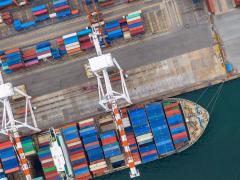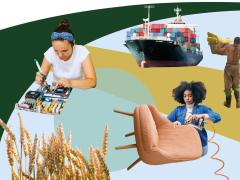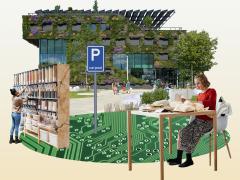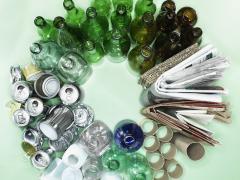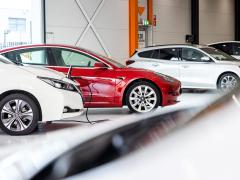
Circular Economy
Global demand for material resources has tripled since 1970 and is expected to double again between now and 2060. The extraction of these resources and processing them into materials and products, contributes significantly to climate changes, loss of nature and biodiversity, and pollution. A circular economy is about a radically reduced and more efficient use of material resources. It focuses on keeping raw materials longer within the production chain, with the aim of their optimal use and reuse, i.e. with the highest value for the economy and the least impact on the environment.
The Dutch Government intends to achieve a fully circular economy by 2050 and to halve the use of primary abiotic raw materials by 2030. The transition to a circular economy is increasingly taking shape, both in society and with respect to the government. PBL supports this process with various forms of research. We analyse the impact of policy on the environment and the economy, identify opportunities and obstacles for citizens and businesses, and explore which policy instruments could lead to a circular economy.
